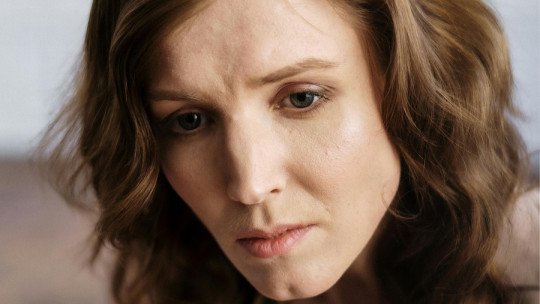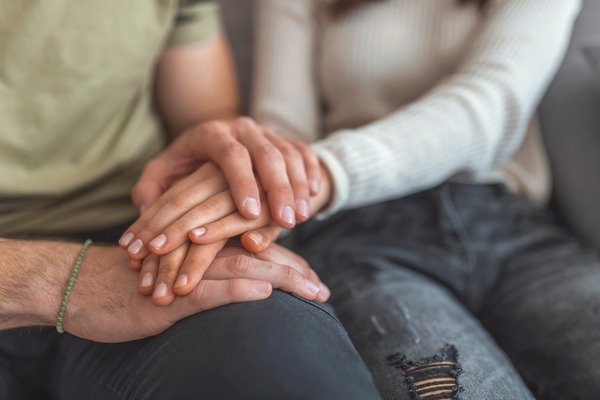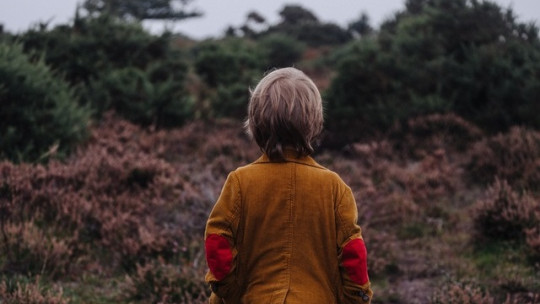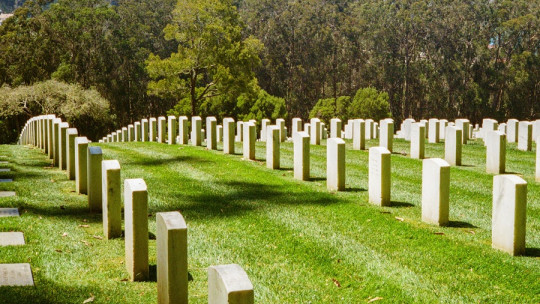
In our current society, death is a taboo subject. Most people live by avoiding thinking about death, assuming that it does not concern them yet because they are young. With this view, there is no reason to try to deal with death until old age, which is happening later and later thanks to medical advances.
Unfortunately, it is difficult to avoid, since death always appears in one way or another. Not only in terms of ourselves, but also in our close environment (family, friends) or distant (acquaintances of acquaintances, society in general through the news…). Death can continue to occur at any age.
What option do we have then? Will there be a time when we will end up getting used to the idea of death? In this article we break taboos, talking about death and how to get used to it.
Death throughout history
Although it may surprise, death has not always been a taboo throughout history. Due to the lack of technological and medical development, people died more often and at any age. Faced with these facts, they could not help but wonder what was happening to the deceased themselves and what was behind the death.
In this way, religions appeared. In each culture, different ideas emerged in parallel, but all of them helped explain, among other things, what happens after death. The concept of souls allowed us to deal with death more naturally.
The hope of something beyond death gave enough peace to be able to face death with acceptance. This tranquility disappeared when scientific explanations gained weight, above religious ones. And the worst thing is that, even today, no evidence has been found that there can be life after death.
It was then that the cold idea returned that death is indeed the end of our lives. In Western society, where the ephemeral prevails and where everything is replaceable, thinking that we are too can be discouraging or terrifying. Therefore, we prefer to avoid the topic. On the other hand, there are other cultures in which the topic of death continues to be treated with naturalness and acceptance, and in which religious or popular beliefs take precedence above all.
Emotions related to death
Be that as it may, whether we opt for one theory or another, we all have something in common: death causes us a series of emotions, generally unpleasant. These emotions are what make it difficult for us to get used to the idea of death. We describe here what they are, since the first step in being able to manage our emotions is knowing how to recognize them.
The duel
You may well remember the first time you had the catharsis of realizing that your life will end. It usually occurs for the first time when a loved one dies. Obviously, this event is not only hard because of this turning point, but also because of the pain and confusion generated by the fact that this person or animal is no longer in our lives.
In this way, grief occurs: the natural psychological process that we suffer after a loss. It is mostly characterized by emotions such as sadness and pity, but can also be confusion, guilt, and resentment. Grief involves going through a series of phases: denial, anger, bargaining, depression and acceptance. Each person experiences their grief differently, and not necessarily following the phases in that order.
Grief does not necessarily have to be about the loss of a person. It can be about a pet, an object or even an idea that we clung to, a stage in our lives or a moral value. Nor does it necessarily have to be associated with death, since it can happen after a breakup or after a disappearance. And not only that, but it can also be anticipatory grief: we suffer in advance in the face of the future loss that we already recognize as inevitable.
The fear
In addition to the emotions arising from grief, death is linked to another primary emotion: fear. This fear is complex, because it encompasses various factors. The first of them is the fear of the unknown, and there is nothing that causes us more anxiety than uncertainty. Everything that we cannot ensure or control generates great discomfort for us.
As we have mentioned, we do not know what happens after death with certainty. In this way, the more undecided we are as to what to believe about what is behind death, the greater our discomfort will be. Even if we focus on existing theories, they can be difficult to truly imagine, especially the cold idea that everything ends.
Added to this is the fear of suffering during the dying process itself. No one likes to feel pain, and we have the general idea that dying is associated with suffering, whether from an illness or injury, so serious as to cause death. And these are not the only fears, since there is also the fear of dying alone and the fear of not having lived long enough, so to speak. We are concerned, even in advance, not having accomplished everything we hoped to achieve or leaving important matters unfinished.
These fears, like grief, are natural and rational. The problem is when they last too long over time and limit the life of the person who suffers from these fears. When this happens, the fear has ended up becoming thanatophobia: the intense fear of death. In these cases, it is best to go to a mental health professional.
Will I end up getting used to the idea of death?
As you have seen, death is a complex idea. It not only depends on our beliefs and culture, but also on our emotions and psychological processes. And precisely in all this lies the key, which will determine whether you will end up getting used to the idea of death.
It has been proven that people who have greater spirituality face death better, since their beliefs allow them to reduce their uncertainty. Furthermore, it is more hopeful to think that death is a door to another life and not an end. In this way, people who connect with their spirituality or are religious can find peace and get used to the idea of death.
In the case of the most skeptical and atheist people, things are more complicated, but not impossible. The important thing really is to do what works for the most spiritual people: talk more often about death. As with all fears, in order to manage the fear of death and make it less and less, you must face death instead of avoiding it.
This does not mean that you put your life at risk with reckless actions to be closer to death, obviously. For this reason, we recommend talking naturally about death, since it is the best way to face it and get used to it. Furthermore, it is a topic that scares and worries us all, so it will not be difficult to find people who can empathize with you when you want to express yourself and vice versa. We encourage you to do it with your circle of trust.
Similarly, you can get used to death by reading about it, or watching series or movies that deal with the topic appropriately. Another way to accept death is to prevent your fears: If you are worried about dying without having lived enough, focus on living in the present and seek to do what really makes you happy, whatever allows you to feel self-fulfilled. And above all, remember to accept all your emotions when a near death occurs. These emotions are natural and only seek to help you.








